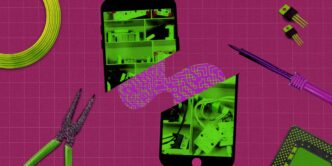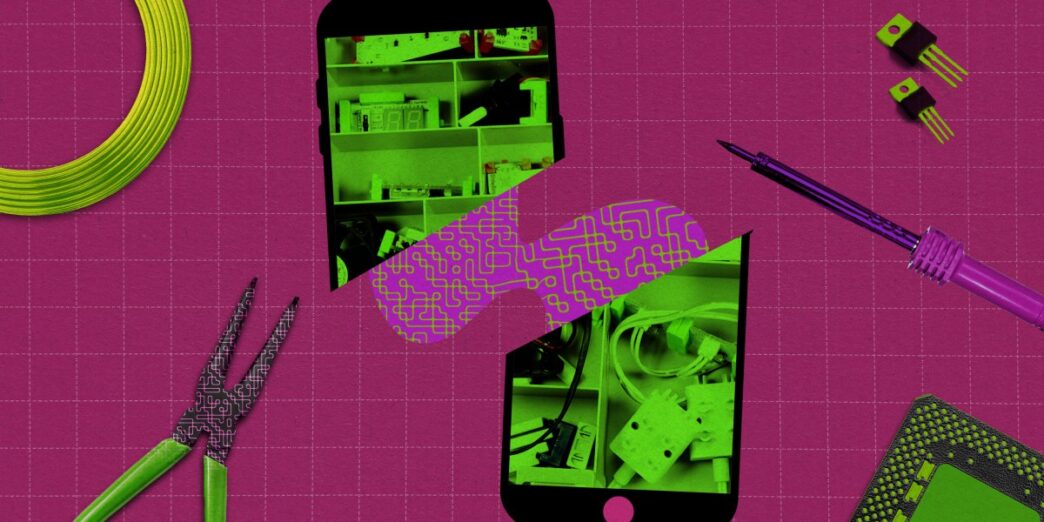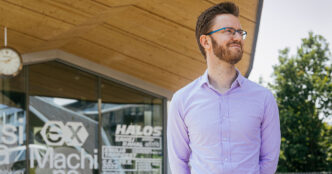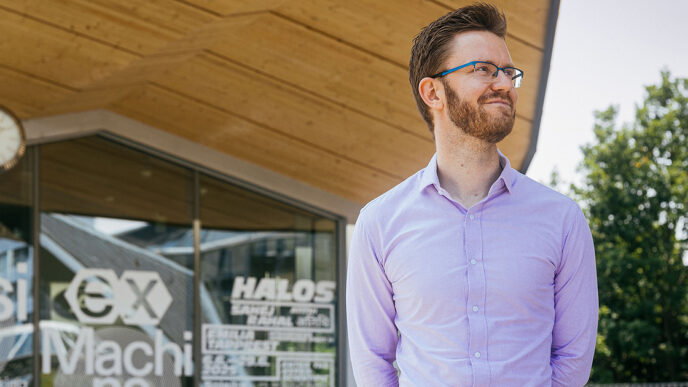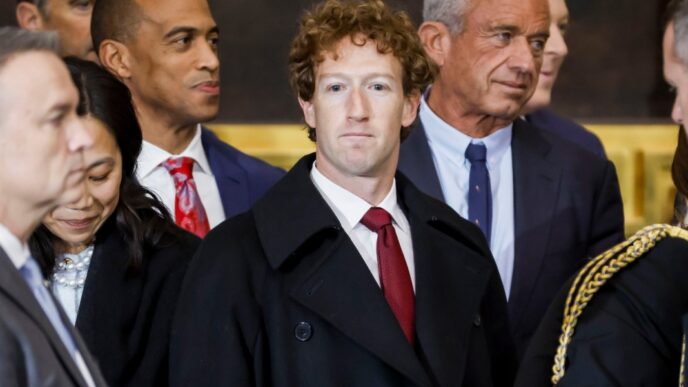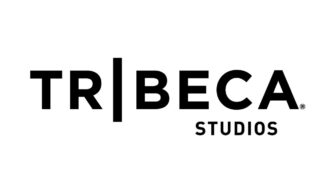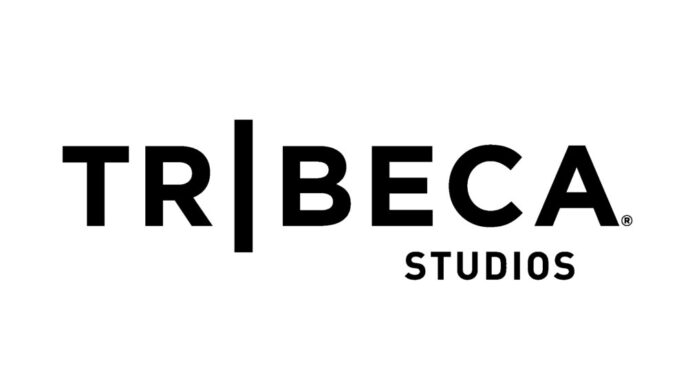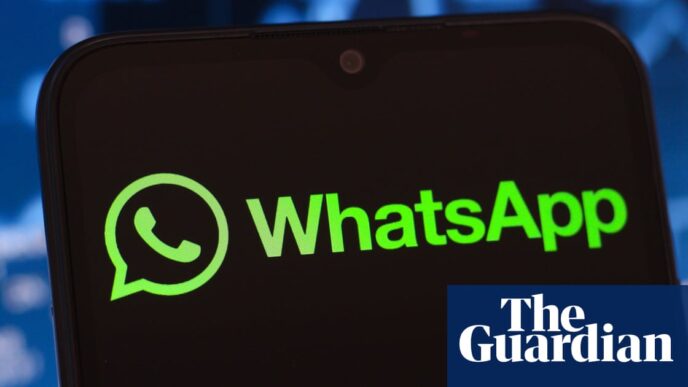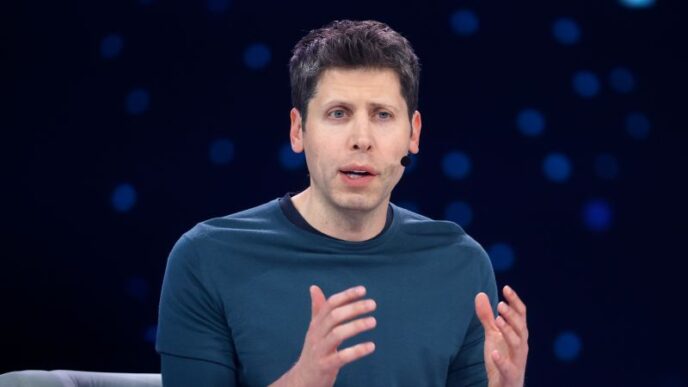Hugging Face challenges closed AI with a major push for open-source robot tech in 2024. It launched an open-source platform for AI robots, boasting over 3,500 robot data sets and drawing thousands globally to hackathons. The platform already spans every continent.
Meanwhile, Raspberry Pi went public on the London Stock Exchange, snagging a $700 million valuation. Maker Faire made a strong comeback with nearly 30,000 attendees, showcasing DIY robot bands and flaming octopuses. This year, over 100 Maker Faires are planned worldwide. DIY.org also relaunched its app last week, adding fuel to the maker fire.
In March, Roya Mahboob’s Afghan Girls Robotics Team dropped a new movie that’s getting great reviews, spotlighting the power of hands-on making. Leading voices in the maker movement like FabLabs and Adafruit keep growing their influence.
The message: reject closed, elite innovation. Fund and build open alternatives—community labs, open AI models, transparent hackable tools. This isn’t just about inclusion; it’s about more fun and sharper innovation.
Ayah Bdeir, founder of littleBits and a top maker movement leader, said it straight:
“I’m not proposing to reject AI hardware but to reject the idea that innovation must be proprietary, elite, and closed. I’m proposing to fund and build the open alternative. That means putting our investment, time, and purchases towards robot built in community labs, AI models trained in the open, tools made transparent and hackable. That world isn’t just more inclusive—it’s more innovative. It’s also more fun.”
“This is not nostalgia. This is about fighting for the kind of future we want: A future of openness and joy, not of conformity and consumption. One where technology invites participation, not passivity. Where children grow up not just knowing how to swipe, but how to build. Where creativity is a shared endeavor, not the mythical province of lone geniuses in glass towers.”
She took aim at big tech too. Responding to Sam Altman’s Io announcement, Bdeir pointed out that past products like the iPhone didn’t “make us our better selves.”
“I don’t think the iPhone made us our better selves. In fact, you’ve never seen me run faster than when I’m trying to snatch an iPhone out of my three-year-old’s hands.”
Bdeir’s bet is on grassroots creativity, not glossy product launches.
“The real iPhone moment isn’t a new product we wait for. It’s the moment you realize you can build it yourself. And best of all? You can’t doomscroll when you’re holding a soldering iron.”
The open maker scene is heating up. This year’s biggest stories won’t just come from Silicon Valley towers — they’ll come from basements and workshops worldwide.
